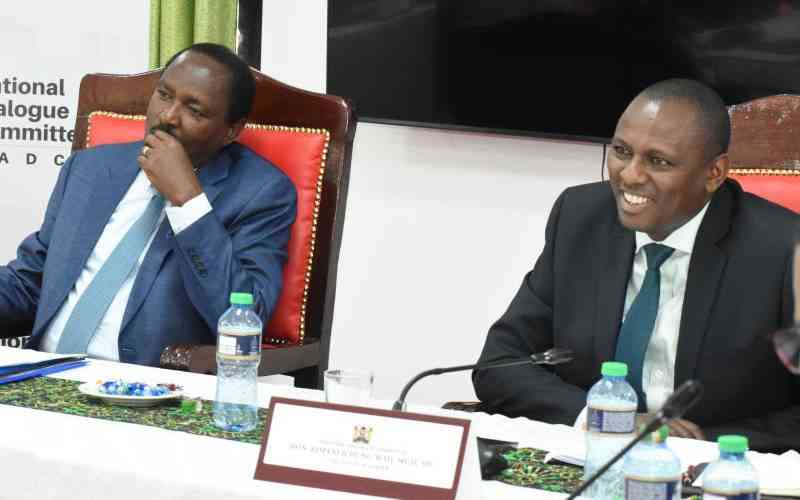×
The Standard e-Paper
Join Thousands Daily

Opposition leader Raila Odinga has scored big in the ongoing bipartisan talks following resolutions to overhaul the electoral commission selection panel and audit last year's presidential election.
The National Dialogue Committee on Friday agreed to restructure and reconstitute the Independent Electoral and Boundaries Commission (IEBC) selection panel, putting a break on the ongoing recruitment of new commissioners.